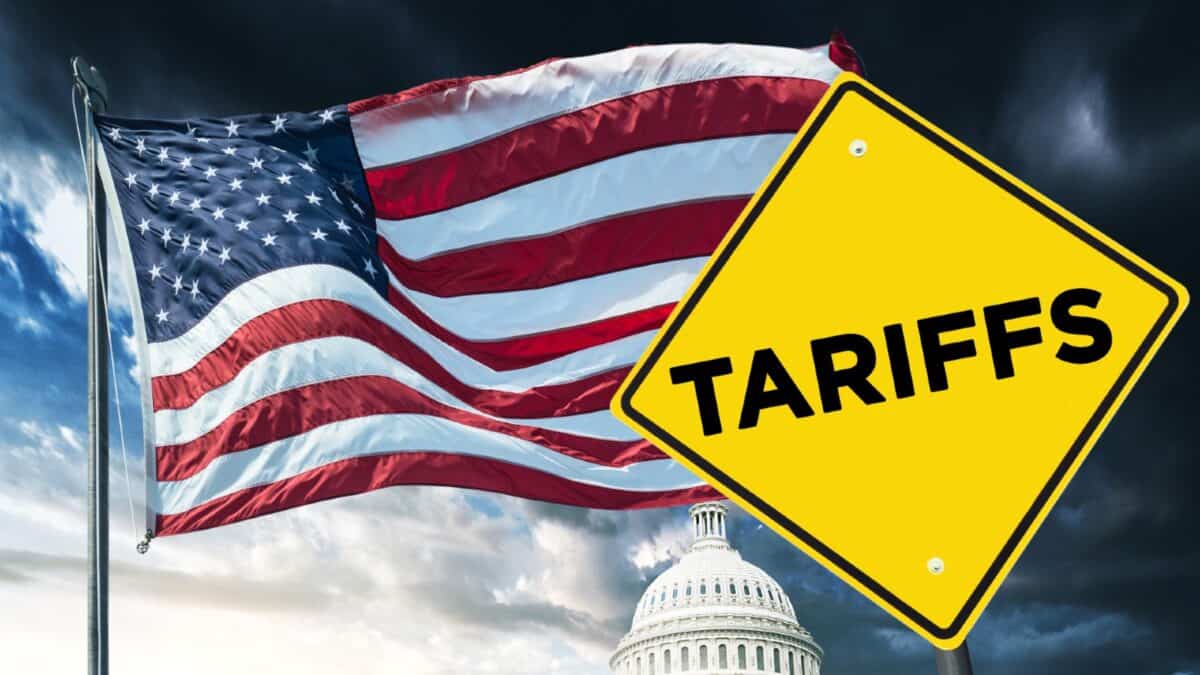
Image source: Getty Images
Over the past year, the Barclays (LSE:BARC) share price has risen by 50%. Yet during the early part of April, the stock took a hit due to the announcement of tariffs by US President Trump. But any investor who bought some of the stock on the news would be happy right now.
Jumping the gun
I’m going to assume the money was invested the day that tariffs were announced on April 2. This would have given a purchase price of 296p. Based on the current share price, this represents a gain of 10.6%. Obviously, depending on the amount that was invested, the actual profit will vary. And anyone buying a few days later will have picked up shares at an even lower price. But the main takeaway is that buying the dip would have worked out very well over the course of less than two months.
It’s true that this percentage gain needs to be looked at in a broader sense. For example, the FTSE 100 is up 2.2% over the same period. This highlights that active stock picking would have served me well during this period. As for other banking stocks, the picture is more mixed. The HSBC share price is actually down 1.6% from April 2, with Lloyds Banking Group up 8.5%.
Of course, one of the main assumptions in all of this is that the investor didn’t panic-sell later in April. Barclays shares fell close to 240p later on in the month. This means that there would have been a short-term significant unrealised loss from the purchase price just a few days earlier at 296p.
Cutting through the noise
Even though I didn’t buy Barclays shares at the start of April, I understand why some people might have done, despite knowing that a tariff announcement was coming or having heard the news.
The bank isn’t really that impacted by tariffs. It doesn’t manufacture goods around the world, or seek to import or export physical products to the US. Of course, it has a presence in the US. It’s impacted indirectly with heightened macroeconomic uncertainty stemming from tariffs, such as for potential loan defaults. Higher recession risks as a result of tariffs is a concern going forward.
Yet in general, the management team shouldn’t be concerned. In fact, the market volatility induced by tariff announcements is likely to bolster Barclays’ trading revenues.
Therefore, a shrewd investor could have been somewhat reassured that even with any looming tariff news, Barclays should be a defensive stock pick through the uncertainty.
Looking forward
The double-digit percentage gain since early April bodes well for the rest of the year. If the stock can do well in the current environment, it shows that investors see it as a relatively safe place to park their money.
Given the ongoing chatter around trade deals between the US and China, Europe and others, I don’t think we’re out of the woods with general uncertainty. Therefore, I’m seriously considering buying the stock now.



